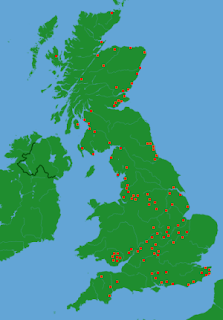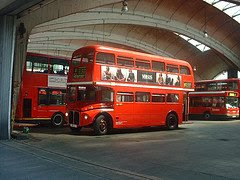
From the moment I decided that travelling from one end of the country to the other by bus was an exercise on paper that I could actually put into practice, I knew it would be an excellent opportunity to raise some money for charity at the same time – even though I've tended to be sponsor more than "sponsoree" in recent years.
There are many good causes to choose from, but I've decided to support Christie's appeal. For starters, the hospital is local to me, just round the corner in Withington, Manchester. One of the largest cancer treatment centres in Europe, it treats around 40,000 patients every year. Last year, one of those patients was a friend of mine. Like many twenty-somethings who have so far had the benefit of good health, it was a reminder to myself that cancer can strike anyone, anywhere. The work of centres such as The Christie in treating, researching and raising awareness of cancer is invaluable, and well worth supporting.
If you'd like to sponsor me on my longitudinal coast-to-coast trip, please visit Justgiving to make a donation online. In return, I hope this project will give you a little entertainment over the next few months.
Image credit: estherase on Flickr








